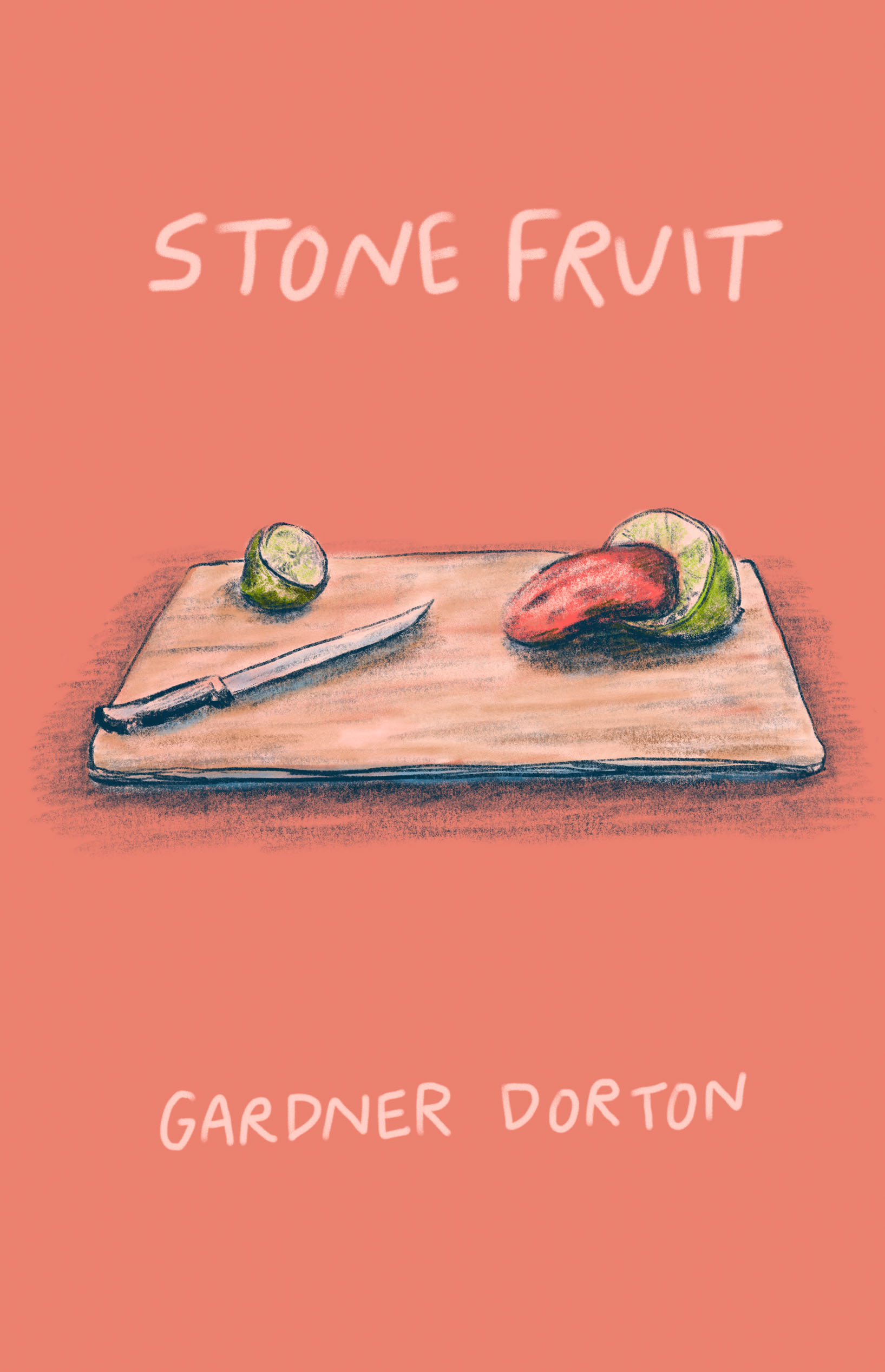Amanda Tigar was able to interview Jammie Huynh, our new Woodfin Fellow in Poetry, and to learn more about her passions and writing inspirations. Besides reading and writing, Jammie enjoys skateboarding and playing volleyball on the weekends.
 Where are you from, and where did you go for undergraduate?
Where are you from, and where did you go for undergraduate?
I mostly grew up in Hartsville and Florence, South Carolina, but moved to Columbia for high school. I went to Winthrop University in Rock Hill for undergrad and graduated with a double major in Spanish and English and minors in sociology and political science.
How did you find poetry, and when did you know you wanted to pursue your own poetry?
I found poetry in a high school sophomore lit class with a professor everyone hated. It was one little assignment where we had to write a poem in 30 min and after you finished, you could volunteer to read it out to the class. I felt brave and read mine. I didn’t think anything of it and thought it wasn’t terrible, but my teacher who never spares a compliment unless he means it, told me it was good. Ever since then, I was drawn to poetry. Before that, I had always wanted to write but I didn’t think I was good enough. I was going to become a doctor or biologist, but those few words from that one teacher gave me the confidence I needed to write and pursue what I loved.
What do you notice yourself constantly writing towards?
Poetry has become a really good outlet for me to explore and navigate my identity and my past. My work tends to revolve around my family and my Latine and Vietnamese identities. I think I write towards understanding; understanding my culture, understanding my parents and understanding me.
Can you describe the piece you are currently working on?
I am currently working on a poem that encapsulates the feelings I had during the rise in Asian hate crimes. I am specifically trying to write about how I felt after 6 Asian women were murdered in Atlanta. I grew up in a small town where we were the only Asian/Latine family around. I was always aware of how different we were, people never seemed to tire of pointing it out. In this work I try to write about how even though I was raised in South Carolina almost my entire life, my existence here will always be questioned. Even if I tell people I grew up here, they always need to know exactly where my family comes from.
Who are your biggest inspirations?
My biggest inspiration is my mom. We grew up in a tough environment and I know without my mom, I would not be where I am today. It is because of her sacrifices that I was able to succeed and pursue my dreams. My mother loved writing poetry but she couldn’t afford to go to school and no one ever encouraged her to continue writing. I get to have the opportunities she didn’t and I refuse to let those sacrifices go to waste.
Who is your favorite poet? Why?
Hieu Minh Nguyen is my favorite right now because he’s one of the first Vietnamese-American poets I’ve ever read. I finally saw someone who looked like me doing what I’ve always wanted to do and it was after stumbling on a video of him on Youtube performing one of his poems that I seriously felt like I could do this. I can also relate to a lot of his writings about culture and family and I just think he has such a fantastic voice and imaginative poems.









